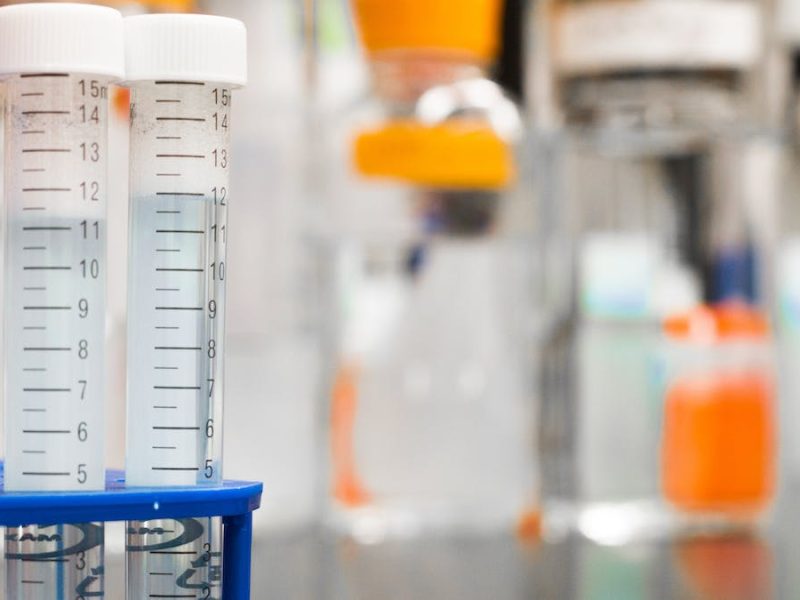Diagnosed with ‘Type 1 Diabetes’ (T1D) is like learning once again as how to live. All of a sudden there are new rules for exercising, eating, and even sleeping. It can take a lot of your time to adjust to all these new burdens. Weight gain is a common phenomenon in T1D. People who are just starting insulin treatment can cause emotional changes including a tendency toward anxiety and depression.
Table of Contents
Insulin and Weight Gain
The most common reason for weight gain after identification of having a T1D and how you can deal with it.
You Could Have Been Underweight When You Were Diagnosed:
But it is very important to keep in your mind that this gaining of weight is needed to get you back to health. While you may have enjoyed your smarter and thinner frame, it was the result of sickness and not something that should be perfect.
Your weight may vary for some time as your body gets used to dosage of insulin and your body recovers. As your sugars and insulin need equalize, so will your weight. The time when you will start to feel comfortable with your new treatment will be the time that you’ll be better able to maintain exercising and getting active which will allow you ultimately to achieve a more ideal weight in a healthy way. You can also consult a dietitian to get the best recommendations.
Over eating May Still Be Playing a Role
Another symptom in T1D is over eating due to extreme and constant hunger. In your body’s attempt to deliver your cells with the energy they don’t have access to, your hormones controlling your hunger go into overdrive, even when your stomach is full.
For some patients of Type 1 Diabetes, the travel path which the hunger hormone takes in the body, gets so damaged that they continue to fail even after insulin treatment has begun. This ultimately ends up to a non-stop feeling of hunger that results in over-eating and ultimately in weight gain.
Sooner or later, your appetite will return to normal. The finest way to fight this over-eating is to focus on your carb goals for meals while limiting intake of fat and to choose snack options that are healthy for you to suppress your hunger.
Insulin Helps In Storage Of Fat
Insulin also assists the body in storing fat. Insulin can also stop the body from breaking down fat when extra insulin is circulating in the blood. Both of these issues add to weight gain.
For many who are worried to lose weight, cutting down on insulin seems the best way of action. Not only is this dangerous because it can lead up high blood sugars that will damage your heart and kidneys, but it will only established you for a rollercoaster of weight loss followed all over again by weight gain.
By eating a clean diet free from processed foods and saturated fat and staying active, your body will naturally want a lesser amount of insulin to obtain normal blood sugar numbers.
The natural decline in insulin will lead to less fat being stored and more healthy weight loss.
Change Is Inevitable
When you receive a Type 1 Diagnosis of Diabetes, it is practical as if the old you has died. It’s okay to take a minute to mourn that version of you. It is also okay to be sad with the changes the new you have to deal with.
Accepting the boundaries of how much you can control these changes is important to living well with this condition for the long term. You might gain some weight. You might not fully act like yourself or even feel like yourself some of the time. All of this is not just okay, it is expected.

Alex is fascinated with “understanding” people. It’s actually what drives everything he does. He believes in a thoughtful exploration of how you shape your thoughts, experience of the world.



